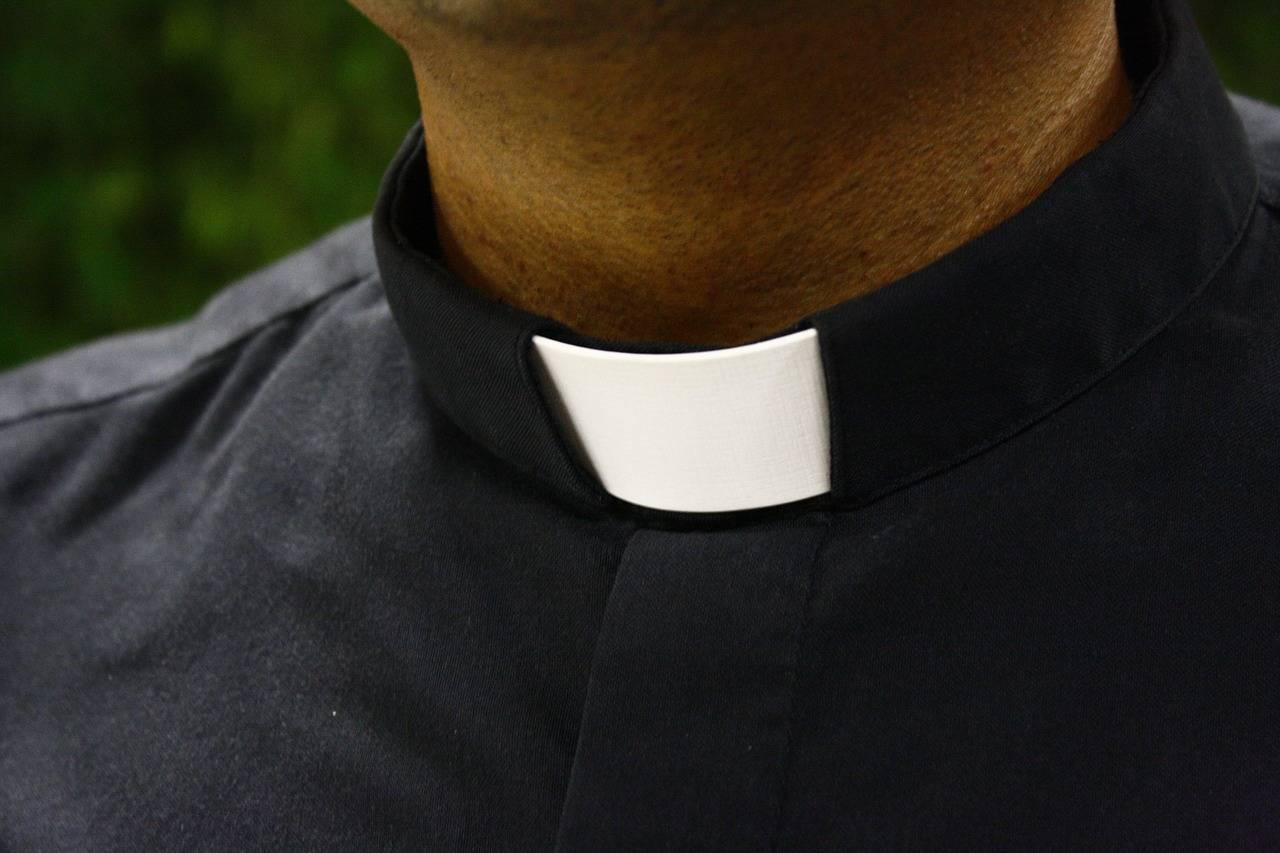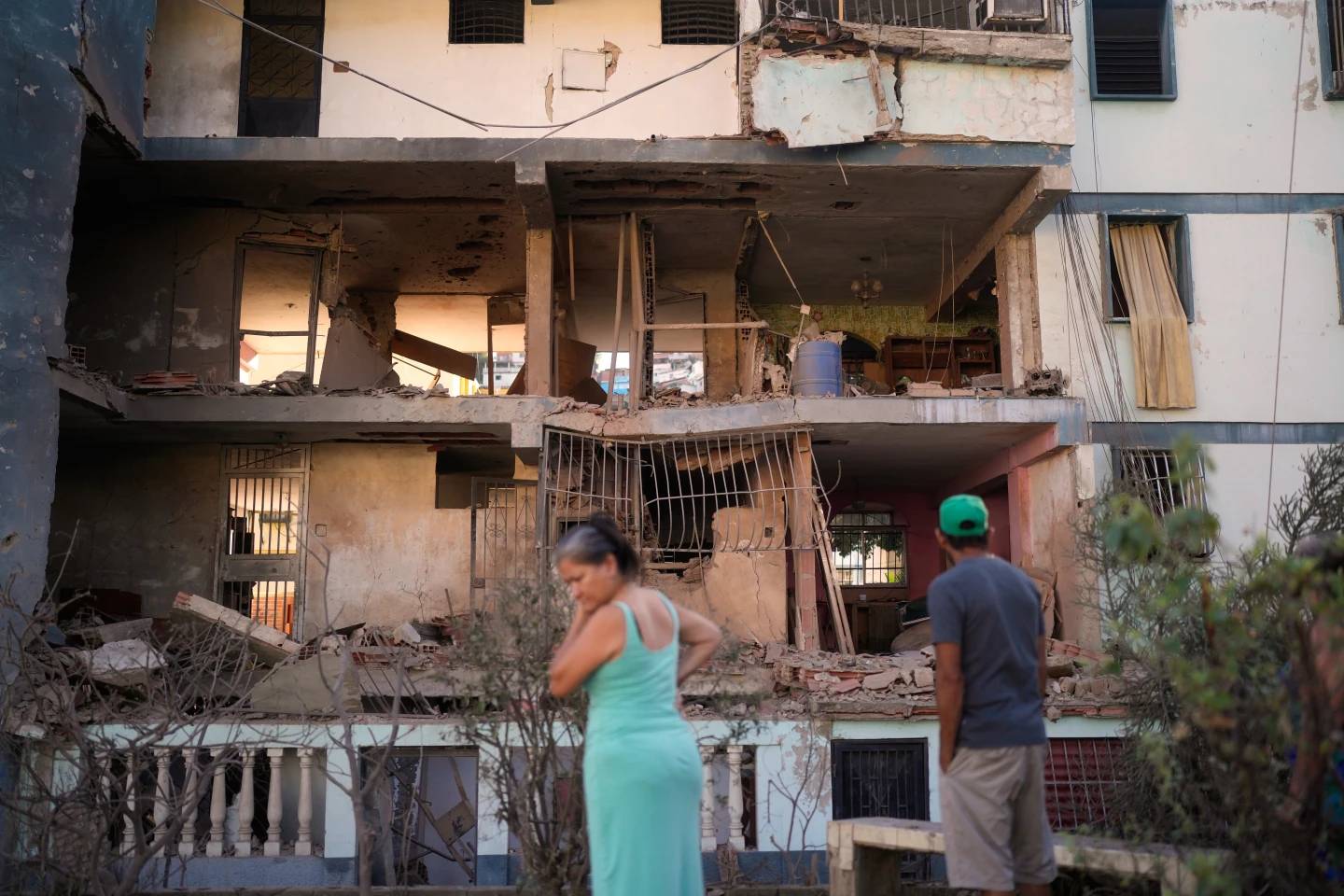SÃO PAULO, Brazil – After securing approval from the Vatican’s Congregation for the Doctrine of the Faith, the Brazilian Conference of National Bishops (BCNB), responsible for the single largest Catholic country in the world, has adopted a new handbook containing measures dioceses must take to deal with sex abuse cases.
Published in March, the document is part of a broad effort by the Brazilian Church to deal with the growing social concerns over the sexual abuse of minors.
According to the BCNB, the first version of the text – which is titled The Pastoral Care of the Victims of Sexual Abuse – had been sent to the Vatican in 2012. In the end of 2018, after several changes were made, the document was finally approved.
Future modifications may be applied, depending on possible new canonical and civil legislation.
“The Brazilian Conference of National Bishops, with this document, reaffirms its unconditional adherence to a zero-tolerance stance regarding cases of sexual abuse of minors, according to what Pope Francis has affirmed: ‘There is no place in the Church’s ministry for those who commit these abuses, and I commit myself not to tolerate harm done to a minor by any individual, whether a cleric or not,’” says the document in its introductory chapter.
Although the title refers to the victims, most of the text offers recommendations for dealing with a priest – or other person working with the Church – who has been accused of abusing a child.
The second part of the handbook, which is the biggest, presents canonical and legal aspects, citing Sacramentorum sanctitatis tutela, issued as a motu proprio by Pope John Paul II in 2001, which determined that more grave delicts – such as sexual abuse – should be reserved to the Congregation for the Doctrine of the Faith.
In 2010, the handbook goes on, new procedures were established by the Congregation for the Doctrine of the Faith, so to orientate all stages of the process involving investigation, the canonical lawsuit and the remittance of the case to the Vatican. The BCNB document explains in detail how to proceed during the preliminary investigation, who should take part in the process and the adequate precautionary measures that have to be taken against the defendant – including restrictions to the exercise of priestly functions or even forbidding public attendance at Mass.
During the process, the handbook affirms, all kinds of support must be provided to the victims and to the defendant, in order to reestablish his or her “human dignity” and support conversion and healing. Immediate rehabilitation must be promoted if the innocence of the accused is demonstrated during investigation, the text adds.
The pastoral support unfolds on three fronts. The defendant must receive urgent spiritual and psychological help. The bishop or hierarchic official must talk to him or her in a “brotherly and clear way, demonstrating the gravity of the sexual abuse for the minor who is the victim and the consequences for the defendant, both on the personal and the institutional levels.”
The victim and his or her family must be provided therapeutic and psychological support, something that the diocese has to ensure. Spiritual assistance must be given to them during all stages, in an effort to bring reconciliation with the Church.
This process includes forgiving, according to the handbook. “Forgiving does not mean to justify violence or to exempt its perpetrator from the consequences of a crime. Forgiving can produce true healing.”
Finally, the community must be shown that the diocese does not condone the crime, “has deep understanding and solidarity with the victims and their families and deals with the case in a rigorous and transparent way.”
The document also includes orientations to deal with the Brazilian judiciary system and the media, always stressing the need to collaborate with the authorities and demonstrate full support to the investigations.
Other chapters of the handbook offer reflections on the pathologic aspects of pedophilia and discuss some of the psychological and spiritual consequences of sexual abuses for children and teenagers.
The final part deals with the necessary precautions concerning the selection of seminarians. “During the admission of candidates to priesthood, it is necessary to pay attention to the motivations underlying their will of joining the seminary. In this sense, adequate psychological tests and interviews can be helpful to illuminate unconscious motivations.”
The document was released as part of a bigger effort of the Brazilian Church to fight sex abuse among the clergy. Recently, the BCNB established a commission to assist bishops and dioceses in cases of abuse. With the publication of the Guidelines for the Formation of Priests of the Church in Brazil, in 2011, the conference has also focused on prevention since the initial years of activity in seminaries.
















